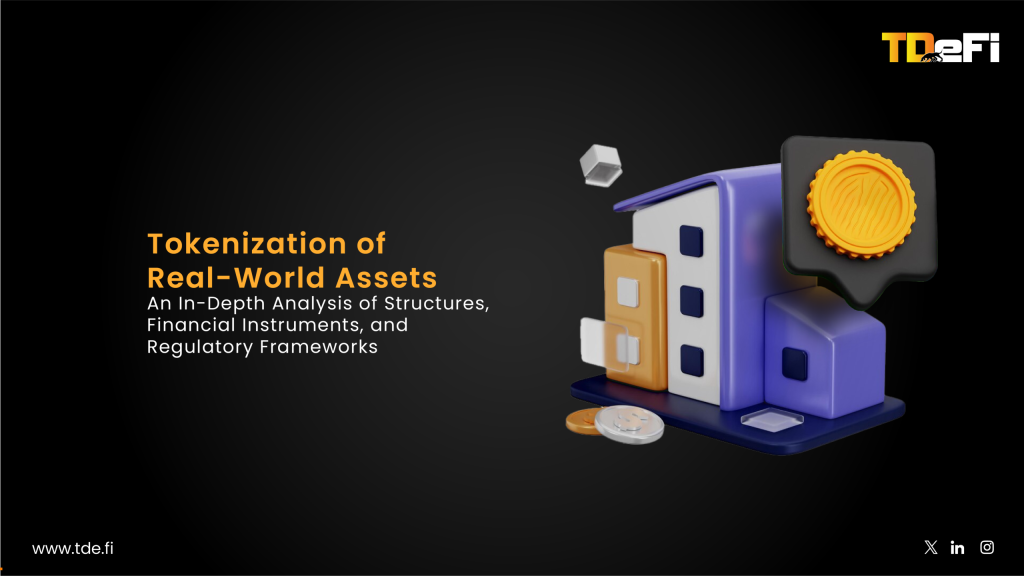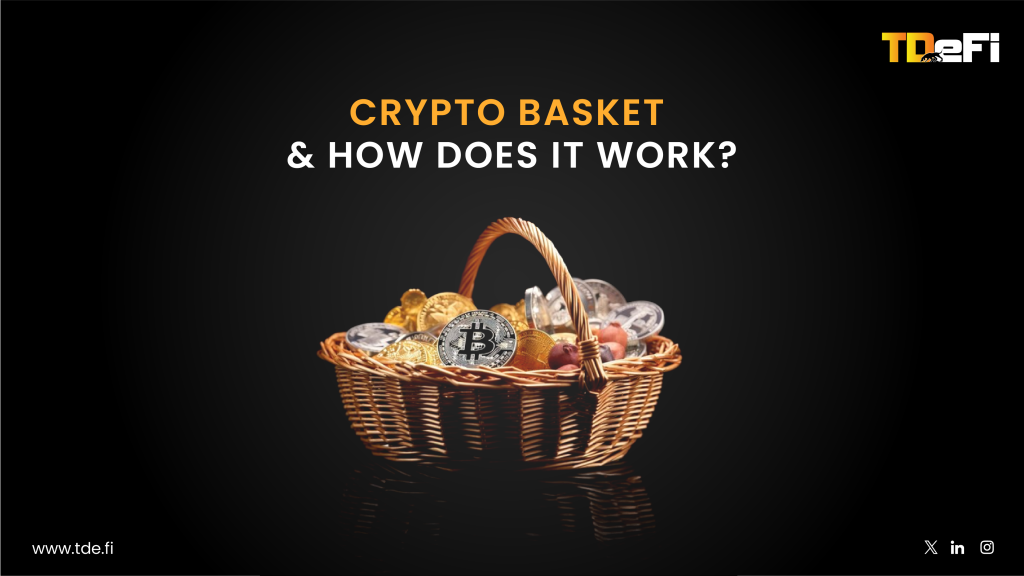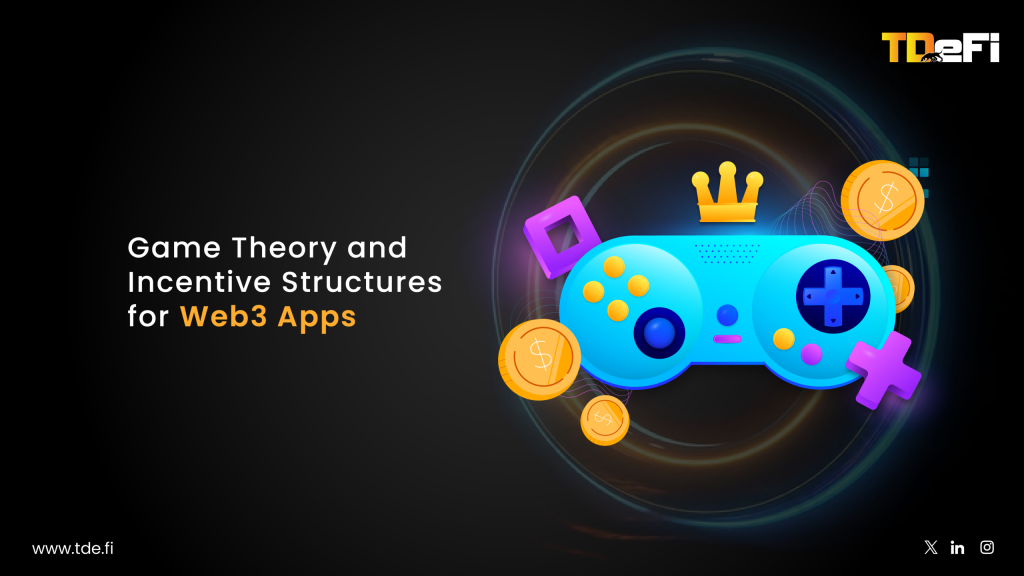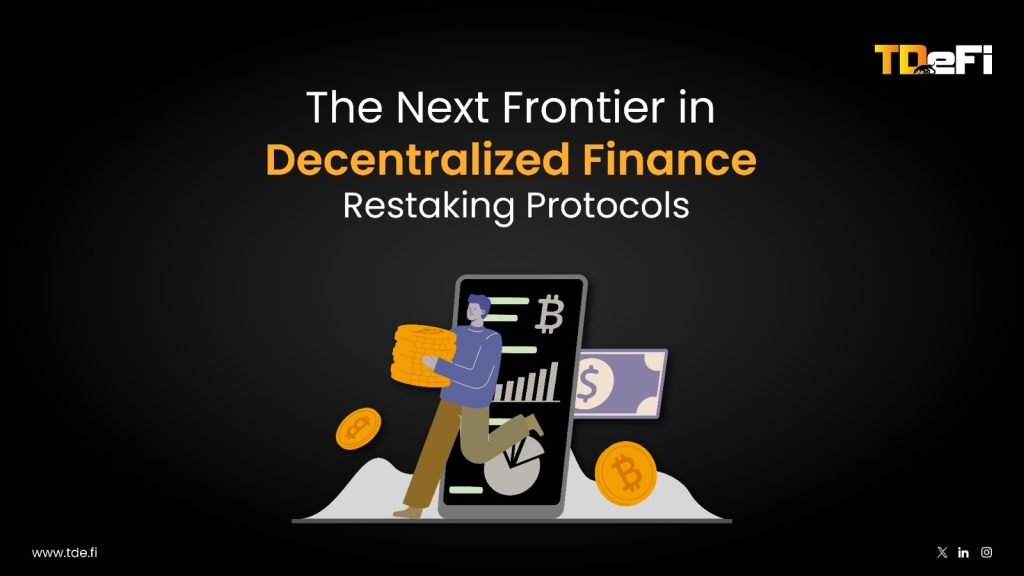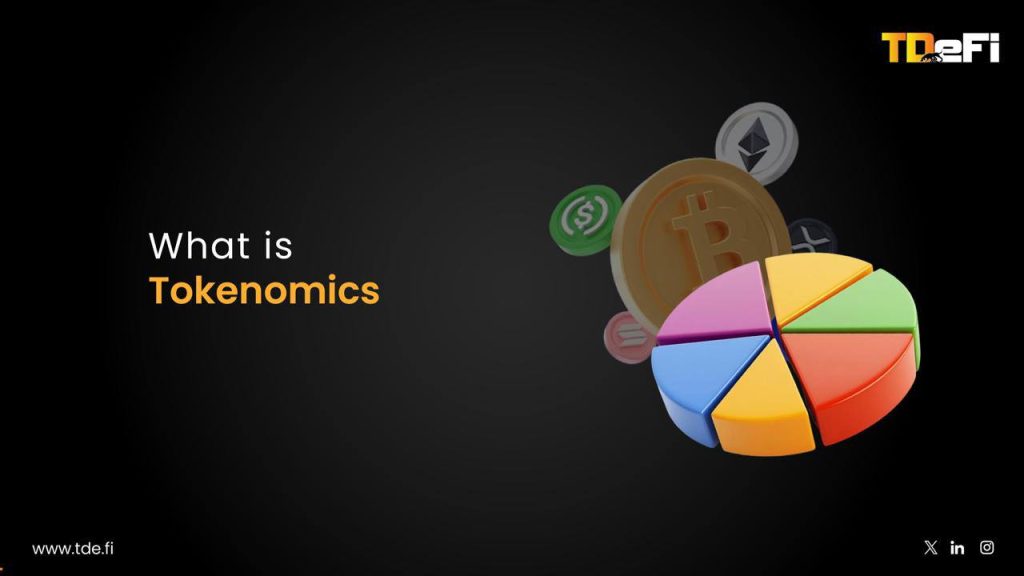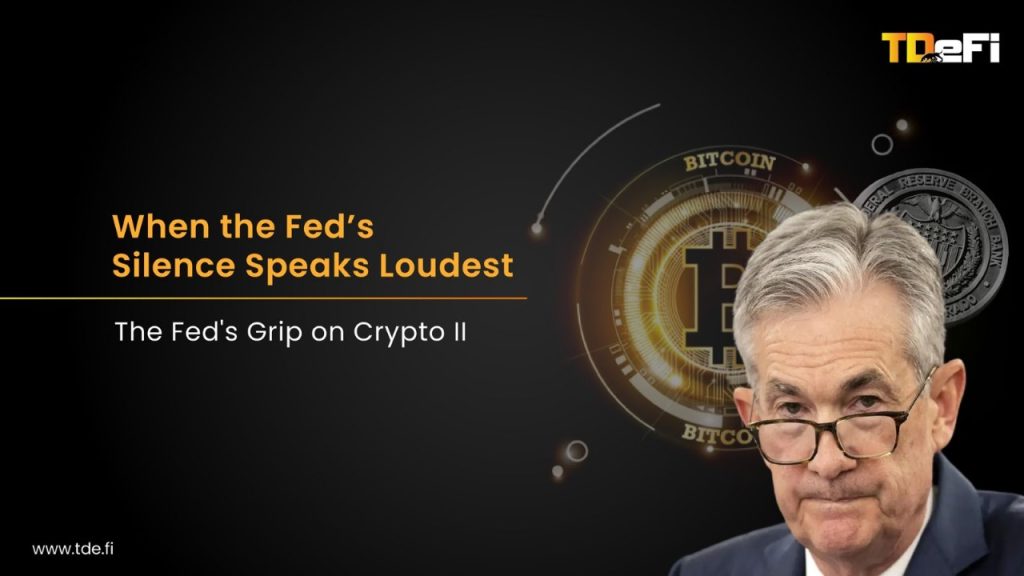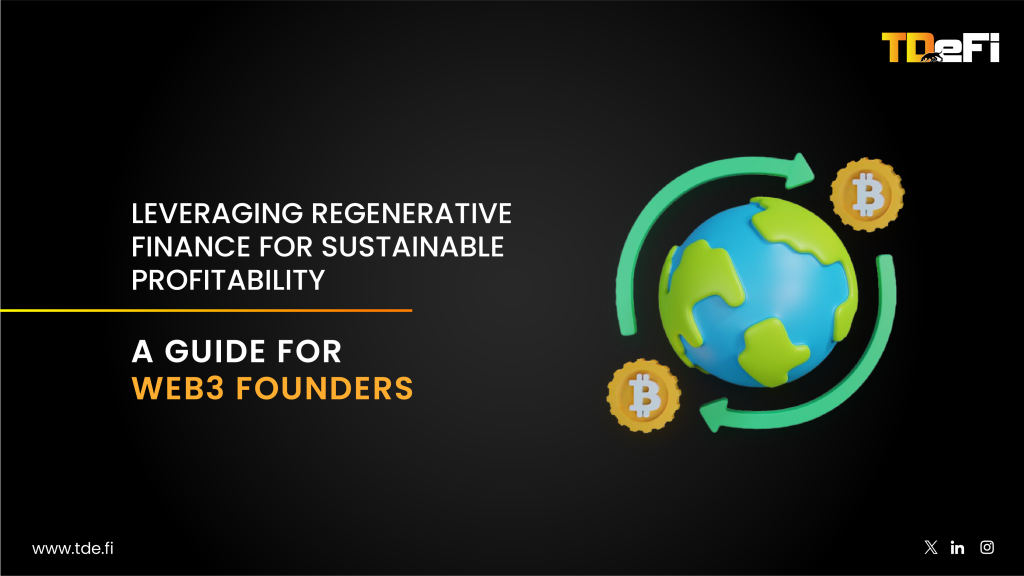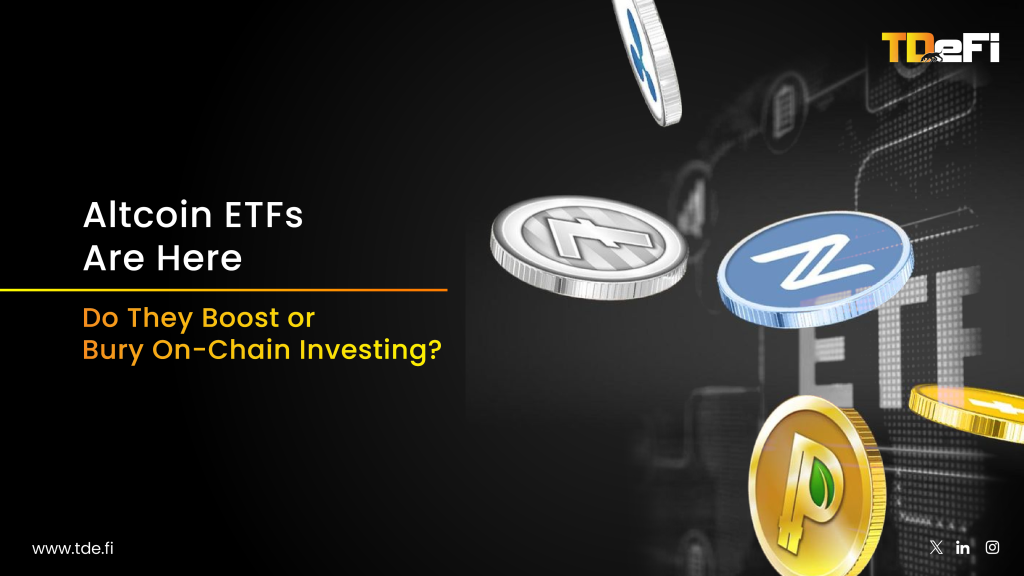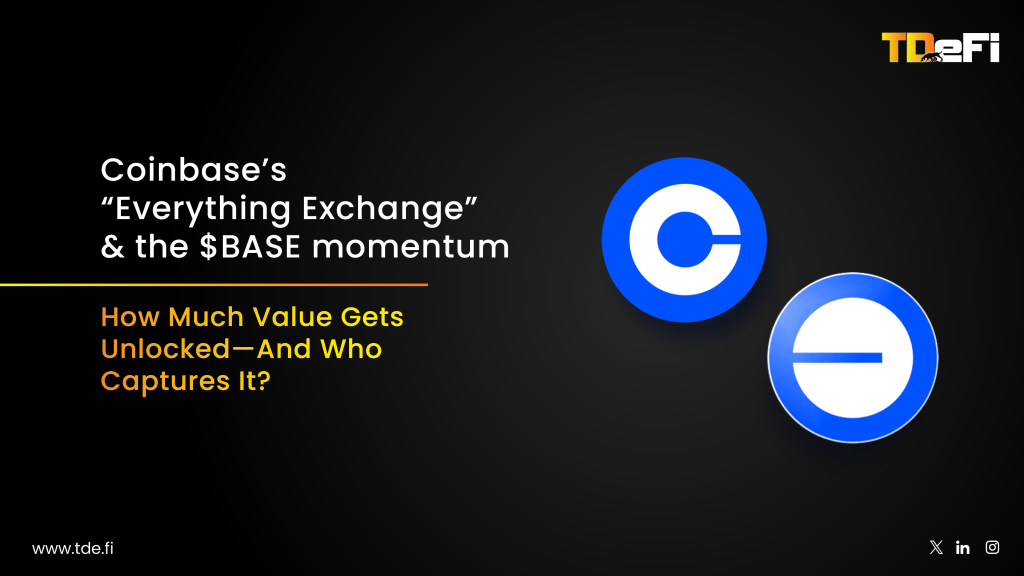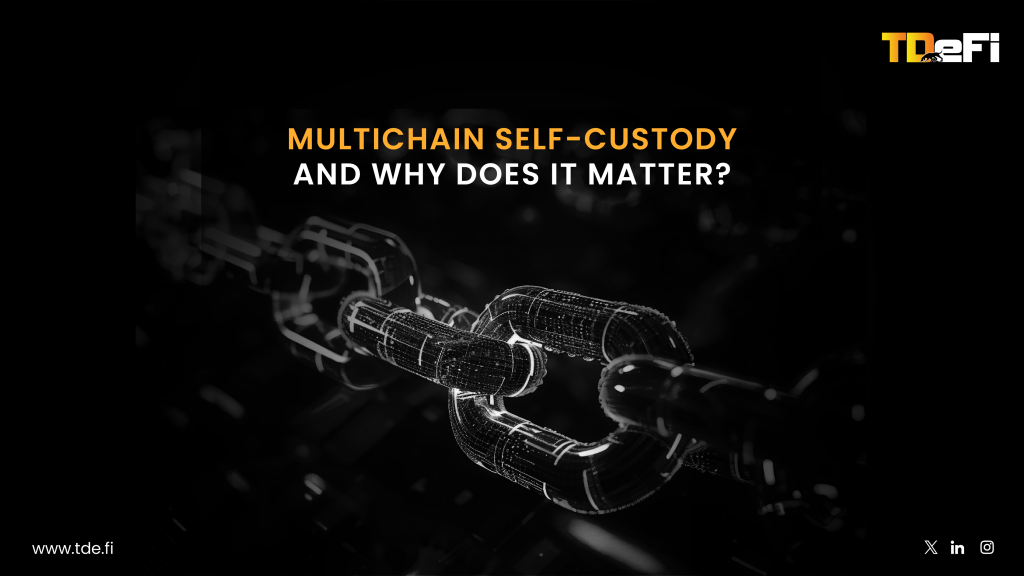You’ve got a product vision that could reshape a corner of the decentralized web. Maybe it’s an RWA protocol with cross-chain liquidity or a community-owned gaming ecosystem. But there’s a problem: vision alone doesn’t scale. You need resources, speed, and credibility, and you need them faster than your burn rate will allow.
That’s when the choice appears on your desk: join a venture studio, enter an incubator, or sprint through an accelerator.
At first glance, these look like flavors of the same thing: someone gives you resources, you grow faster. But in Web3, where cycles are shorter, token events are market-timed, and community trust is currency, the wrong growth model can cost you years, or your entire runway.
The question isn’t what they are. It’s which one matches your moment.
Venture Studio: Building From the Inside Out
A venture studio doesn’t just invest in you, it co-builds with you. They bring in-house designers, tokenomics experts, community managers, and even dev teams. You’re not just a portfolio company; you’re a co-founder with a heavyweight partner.
Why it works for Web3:
- Venture studios can design tokenomics, set up governance, and architect smart contracts in-house, avoiding the fragmented freelancer scramble.
- Because they share execution risk, they’re aligned with long-term protocol success, not just short-term valuation spikes.
The trade-off: equity. Studios can take anywhere from 20–60% ownership, and you’ll share decision-making power. Speed is high, but so is integration, you can’t easily pivot away from their infrastructure.
Case Study: ConsenSys, one of Web3’s most recognized venture studios, has spun out protocols like MetaMask and Infura, tools that became infrastructure standards. Founders gained immediate reach but had to align with ConsenSys’s broader ecosystem strategy.
Incubator: Planting Seeds in a Safe Garden
An incubator is where raw ideas grow roots. You get mentorship, workspace (often virtual in Web3), and a network of advisors. Some offer small seed funding; others simply provide access to VCs and technical mentors.
Why it works for Web3:
- Early-stage founders can test token mechanics, governance frameworks, and community narratives before committing to mainnet launches.
- The slower pace allows for regulatory risk-mapping and legal structuring before public fundraising.
The trade-off: slower capital velocity. Incubators rarely provide large funding rounds, so you’ll need a plan for the next step. Equity dilution is typically low (0–10%), but so is operational involvement, execution remains on you.
Case Study: Binance Labs Incubation Program has helped early DeFi projects refine tokenomics and navigate compliance hurdles. Teams often emerge with a sharper PMF but still need follow-on capital.
Accelerator: Turning the Pressure Cooker Into Product-Market Fit
Accelerators thrive on momentum. You join with a product already in play, and within 3–6 months, you’re pitching to investors, shipping major updates, and possibly preparing for a token event.
Why it works for Web3:
- Perfect for capturing bullish cycles — if you enter at the right macro moment, you can align your launch with peak market liquidity.
- Cohort-based structures amplify visibility; investors love “demo day” momentum.
The trade-off: It’s a sprint, and sprints demand focus. Tokenomics missteps or rushed community-building can be costly. Equity dilution is moderate (5–15%), but speed comes at the expense of optionality.
Case Study: Outlier Ventures’ Base Camp program has accelerated Layer-1 protocols, DeFi products, and NFT ecosystems, often positioning them for immediate raises. Teams enter with product traction and leave with investor pipelines.
Equity, Control, and Speed: The Three Axes of Trade-Off
Imagine a triangle with each corner representing one of these: equity given, control retained, speed to market. Venture studios sit closest to speed but far from control. Incubators lean toward control and low equity cost, but speed is slow. Accelerators balance speed with moderate equity, sacrificing some control in exchange for investor urgency.
In Web3, these trade-offs are magnified by token mechanics. Giving up equity often means aligning token governance too, which can shift community dynamics.
Hybrid Models: When the Lines Blur
The Web3 space loves remixing traditional models:
- DAO-led accelerators: e.g., Gitcoin Grants rounds with structured mentorship — community-voted funding plus cohort learning.
- Tokenized venture studios: contributors are paid in tokens and share governance power, blurring the line between employee, investor, and community.
- Incubator-to-accelerator pipelines: start in a light-touch mentorship model, then graduate into a high-speed funding sprint.
Choosing Your Path: A Decision Matrix for Web3 Founders
Use three filters to choose:
- Stage & Runway
- < 6 months runway + product in market? → Accelerator
- 12 months runway + pre-product? → Incubator or studio
- < 6 months runway + product in market? → Accelerator
- Capital Needs & Dilution Comfort
- Comfortable giving up 20%+ equity for full-stack support? → Venture studio
- Want to minimize equity loss? → Incubator
- Comfortable giving up 20%+ equity for full-stack support? → Venture studio
- Macro Timing
- Bullish cycle incoming? → Accelerator to time token launch
- Bearish cycle? → Venture studio or incubator for survival mode building
- Bullish cycle incoming? → Accelerator to time token launch
Pick for the Next 18 Months, Not Forever
In Web3, no growth model is a forever home. The right choice is the one that positions you for your next funding inflection, product launch, or governance transition.
Studios give you muscle, incubators give you roots, accelerators give you speed, but hybrid paths are rising fast, especially where DAOs and token economies redefine what “support” even means.
Choose based on the founder you are now, not the one you’ll be three pivots from today. Because in this space, the only constant is acceleration, whether you’re ready for it or not.







